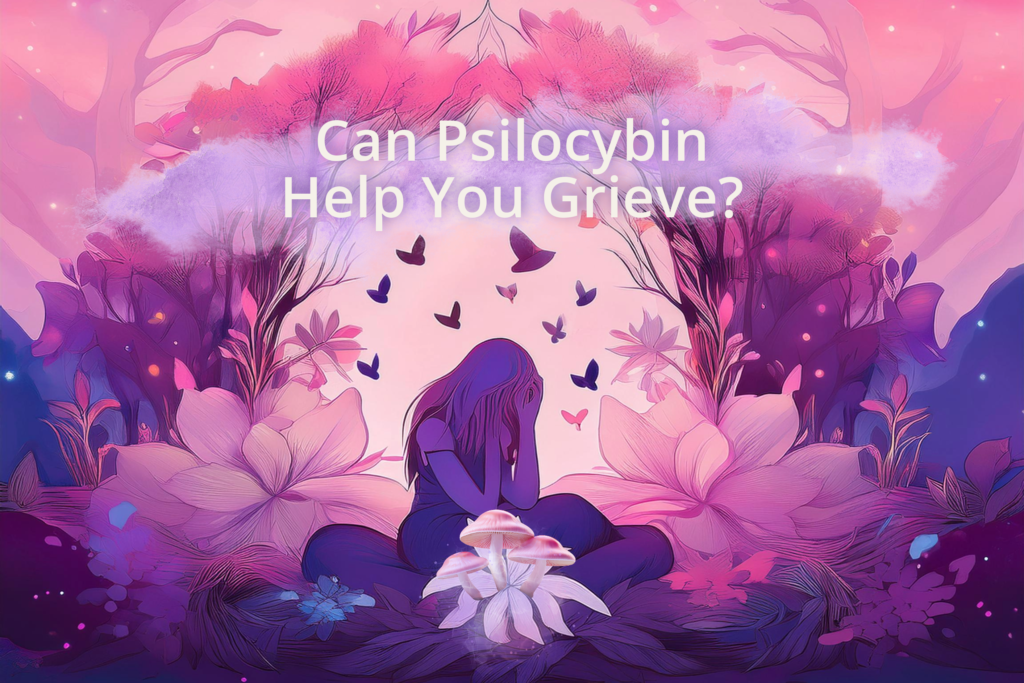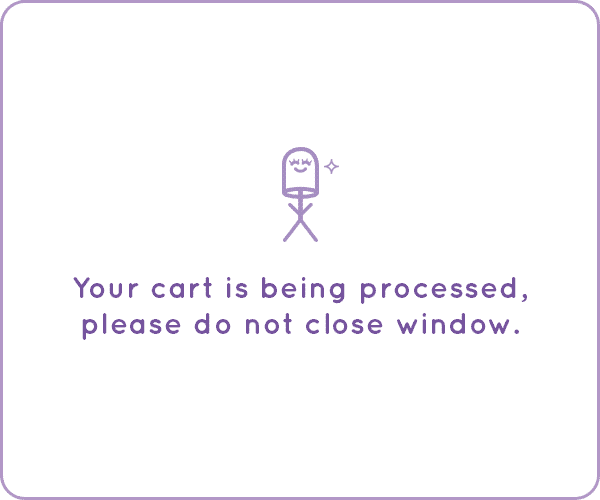Education
Can Psilocybin Help You Grieve?
There are few things in life that can split you in half and bring your world to a standstill more than grief. From denial to acceptance, from anguish to peace, there will come a point in everyone’s life when the dreaded question arises: Will I ever move on? Like any experience that involves deep-seated pain, how one approaches healing will vary. However, a new treatment method is on the rise—psychedelic-assisted therapy (PAP)—which may offer a new ray of hope for those facing bereavement.
A 2023 study published in the Journal of Psychoactive Drugs reported that approximately 42% of 363 recreational psychedelic users who had experienced a bereavement event noticed a reduction in symptoms of complicated grief after two weeks of use. How? PAP utilizes emotional breakthroughs, slowed rumination, and other therapeutic tactics to make the results worthwhile.
When we look at a case as complex and detrimental as grief, triggering areas of the brain responsible for rumination (dwelling on negative thoughts) while prompting profound psychological experiences can be pivotal. Common treatment paths for grief include support groups and various forms of psychotherapy, however it is speculated that adding psilocybin, or another psychedelic, to the mix could significantly enhance the efficacy of traditional grief support treatments.
In a variety of studies, psilocybin has shown promise in addressing emotional pain at great depths, proving effective in treating patients with treatment-resistant depression and cancer patients facing end-of-life distress. Even Prince Harry has spoken about how using psychedelics was particularly helpful in coping with the pain caused by the loss of his mother.
Taking what some may consider a more “drastic” approach to grief coping—psilocybin therapy—may be especially beneficial in addressing prolonged grief disorder (PGD), a deep state of grief that fails to improve over time. PGD is often accompanied by intense emotional pain, loss of identity, intense loneliness, and neuroticism that makes it difficult to tackle daily life. Current treatment options for PGD are psychological rather than psychopharmacological, and experts say that more treatments are needed. In this context, psychedelics like psilocybin and MDMA are being explored as promising avenues, offering effects that are distinctly relevant to the acute existential pain associated with PGD.
With the clinical trials available to us currently, can we really be surprised by the potential? Or worse, closed off to the idea? We’ve seen psilocybin thrive in studies regarding depression, PTSD, and distress—all of which play relatively prevalent roles in grief processing.
Excitingly, QIMR Berghofer Medical Research Institute is currently leading a landmark trial called PARTING (Psilocybin-Assisted suppoRtive psychoTherapy IN the treatment of complicated Grief), which will be the first trial of its kind to use psilocybin directly to treat PGD—specifically, grief caused by the loss of a loved one to cancer.
Participants will undergo three psychotherapy sessions, followed by one psilocybin experience, and four more psychotherapy sessions to conclude. Data collection is expected to be completed by October 2025. The main objective of this study is to determine whether PAP is safe, acceptable, and potentially effective for people with prolonged grief. If this trial unveils success, it could be a game-changing discovery in the realm of grief treatment—not to mention a ray of hope for those whose lives have been affected by the dark cloud called prolonged grief.
Experts refer to psychedelics as a very intense, rapid form of psychotherapy, attributed to their unique ability to place the brain into a “plastic state” where new and novel connections between brain cells occur. This process plays a massive role in psilocybin’s ability to treat mental health disorders, as these new connections can instill insight and reprocessing—two therapeutic qualities essential to healing in more ways than one.
However, when it comes to both regular grief and prolonged grief disorder, it is crucial that you do your research and consult with a professional before diving into psychedelic use. While we have incredible faith in psilocybin and its therapeutic capabilities, entering an intense psychedelic experience while enduring emotional pain or turmoil can also pose a risk worth considering. Research and consultation are key.
With psilocybin’s impressive resume in addressing so many ailments that share qualities with grief, the horizon is promising, to say the least.



